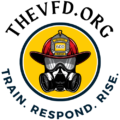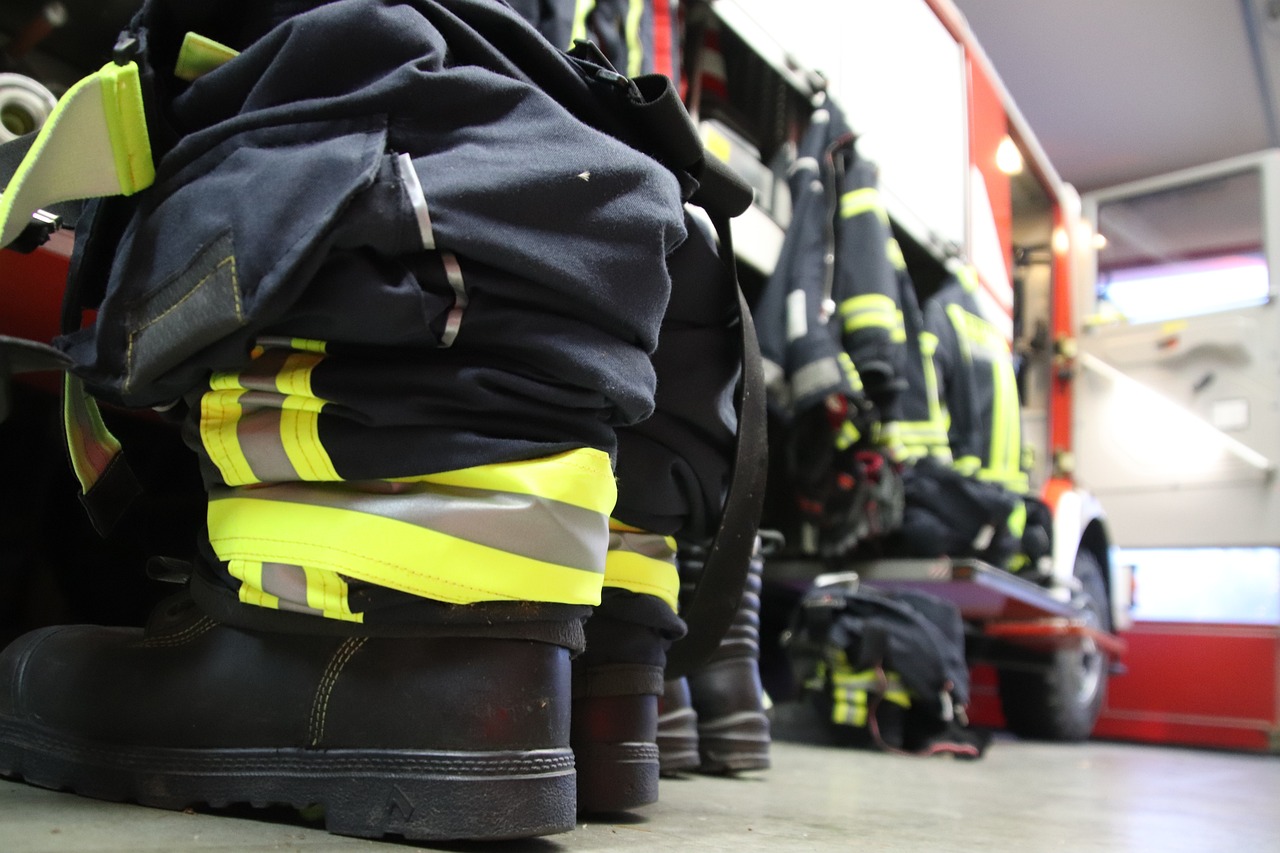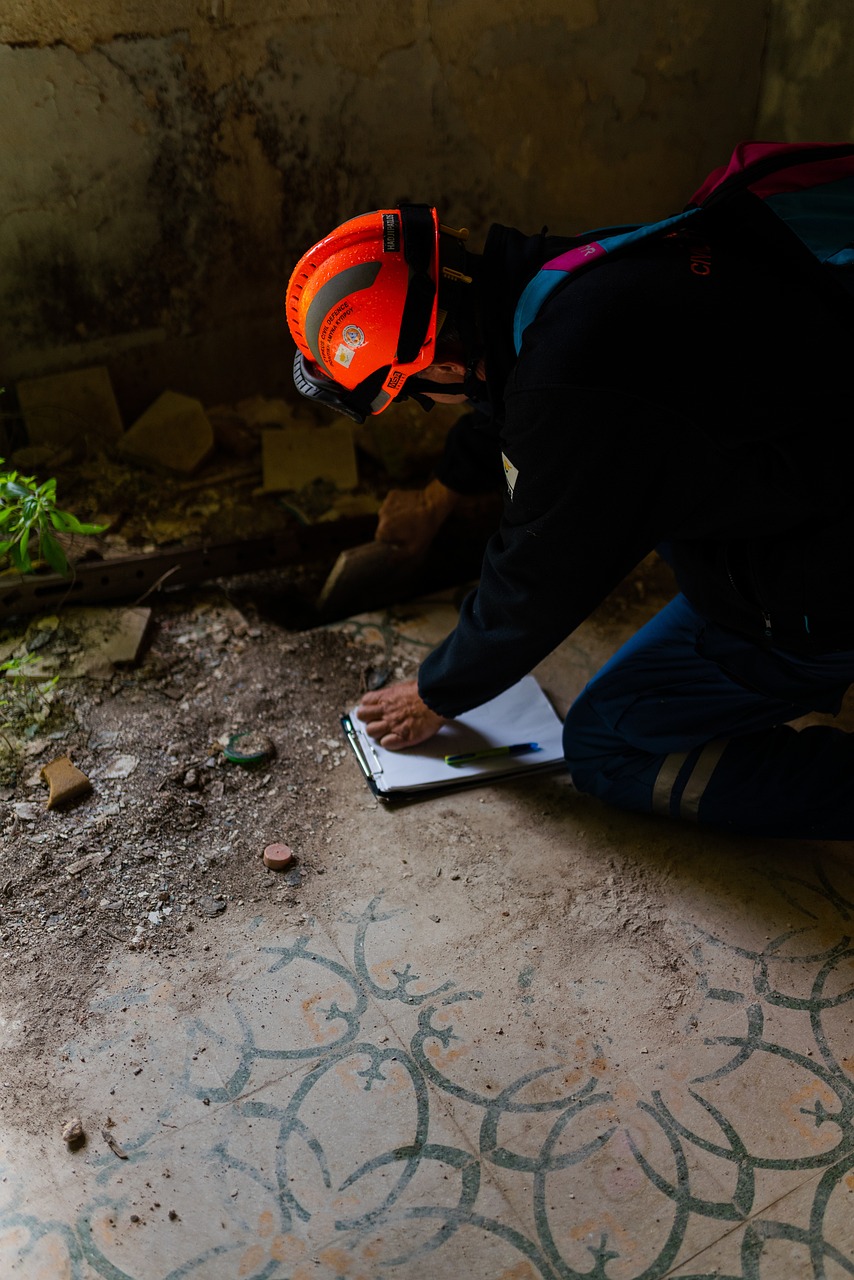Every firefighter understands the inherent risks of their profession. Rushing into burning buildings, battling raging infernos, and facing dangers are all part of the job. But amidst the chaos and heroism, one crucial element should never be forgotten: personal safety.
While saving lives and protecting property are paramount, neglecting your own safety can have devastating consequences. Today we’ll delve into essential practices for maintaining personal well-being during emergency response operations.
My first rule I tell everyone in any training is: Don’t become the primary!
Gear Up Right:
Before entering any hazardous environment, ensure your Personal Protective Equipment (PPE) is in top condition. Conduct thorough pre-fire checks, paying close attention to:
- Integrity of turnout gear: Inspect for rips, tears, or compromised seams.
- SCBA functionality: Check air cylinder pressure, regulator function, and facepiece seal.
- Helmet and gloves: Ensure proper fit and no damage.
- Boots: Verify appropriate tread and support for the terrain.
Remember, your PPE is your lifeline. Maintenance is crucial for its effectiveness.
Situational Awareness is Key:
Once on the scene, prioritize constant vigilance. Rapidly assess the situation, taking note of:
- Fire behavior: Size, intensity, direction of spread, and potential flashovers.
- Structural integrity: Building stability, potential hazards like坍塌 floors or weakened walls.
- Surrounding environment: Overhead power lines, gas lines, or other potential dangers.
- Team location and communication: Maintain visual and verbal contact with your crew.
By staying informed and aware, you can make informed decisions and avoid unnecessary risks.
Communication is Critical:
Clear and concise communication is vital during operations. Regularly report your location, actions, and any observed dangers to your team leader. Utilize proper radio protocols and maintain a clam demeanor even in stressful situations. Effective communication ensures coordinated and timely response to changing circumstances.
Don’t Be a Hero:
The urge to act heroically is ingrained in every firefighter’s spirit. However, recklessness can have dire consequences. Remember:
- Your safety is not a sign of weakness, but a mark of responsibility.
- Follow established procedures and don’t exceed your training limits.
- Know when to call for backup or retreat from an untenable situation.
A true hero prioritizes the safety of themselves and their team, enabling them to continue serving the community effectively.
Mental Toughness Matters:
The mental demands of firefighting are just as taxing as the physical ones. Stressful situations regularly can take a toll on mental well-being. Here are some ways to stay mentally strong:
- Seek support from your team and mental health professionals.
- Practice relaxation techniques like deep breathing and meditation.
- Maintain a healthy work-life balance and prioritize your health and sanity.
A resilient mind is crucial for making sound decisions and staying focused under pressure.
Remember: You are not alone. Every firefighter faces challenges and deserves support. By prioritizing your own safety, you not only protect yourself but also ensure you can continue serving your community to the best of your ability.
Stay safe, stay strong, and keep fighting the good fight!
Additional Tips:
- Stay hydrated and well-nourished: Proper hydration and nutrition are essential for maintaining physical and mental stamina.
- Be aware of fatigue: Recognize the signs of fatigue and take breaks when needed.
- Report close calls and near misses: Sharing these experiences can help improve safety procedures for everyone.
- Continuous training and education: Regularly update your skills and knowledge to stay ahead of the curve.
By incorporating these practices into your daily routine, you can significantly reduce risks and emerge from every operation safe and sound.



